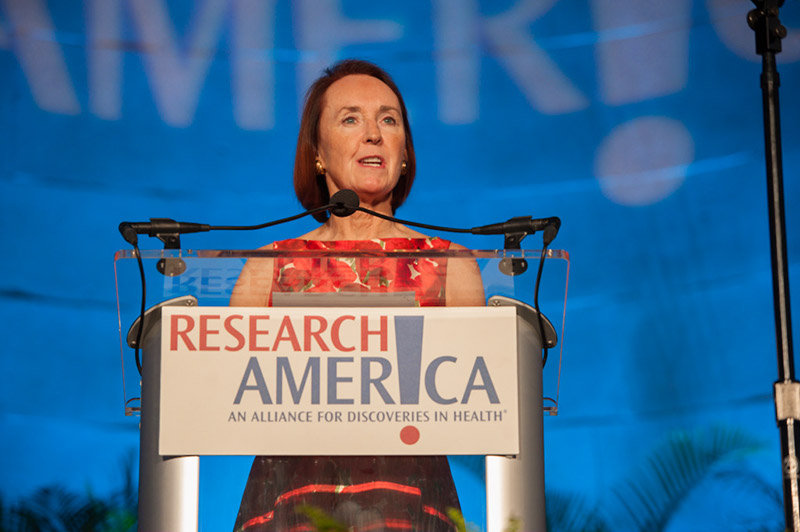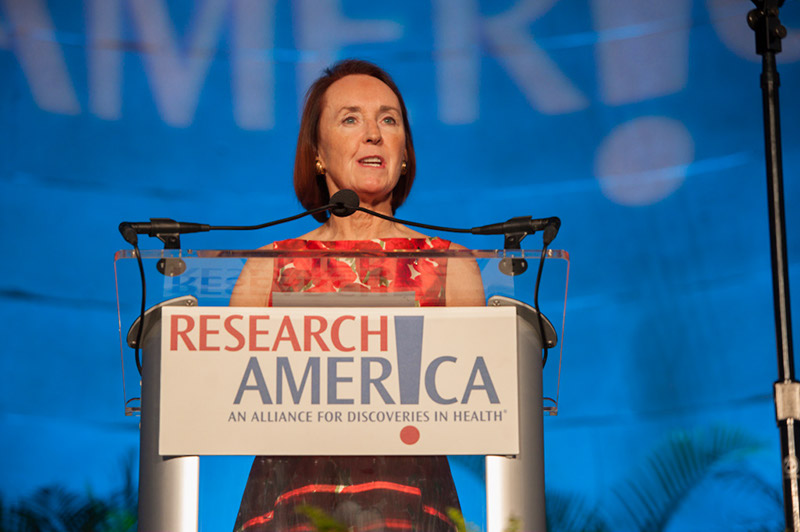Empowering students to engage the public

 I valued the opportunity earlier this week to join the team from the Alan Alda Center for Communicating Science as they delivered their high quality program at Mississippi State University. Mr. Alda gave a typically inspirational and amusing keynote and also kicked off the interactive sessions the next morning. The Alda Method© team-teaches communication skills, drawing on working actors’ improvisational abilities coupled with the expertise of educators and researchers who regularly contribute to the academic literature, including the Oxford Handbook of The Science of Science Communication. As more academic institutions consider adding a communication and public engagement component to graduate education in the sciences, they have the Handbook and more to draw on.
I valued the opportunity earlier this week to join the team from the Alan Alda Center for Communicating Science as they delivered their high quality program at Mississippi State University. Mr. Alda gave a typically inspirational and amusing keynote and also kicked off the interactive sessions the next morning. The Alda Method© team-teaches communication skills, drawing on working actors’ improvisational abilities coupled with the expertise of educators and researchers who regularly contribute to the academic literature, including the Oxford Handbook of The Science of Science Communication. As more academic institutions consider adding a communication and public engagement component to graduate education in the sciences, they have the Handbook and more to draw on.
Speaking of public engagement, Research!America, in partnership with the National Science Policy Network (NSPN), 15 scientific societies and the Rita Allen Foundation, announced ten graduate student and postdoc led science policy groups that will receive microgrants to support civic engagement activities highlighting the benefits of research. This nonpartisan initiative is part of a larger effort to engage congressional candidates on how science contributes to the health and prosperity of the nation. I urge you to take a look at the list of policy groups and if you are nearby one, reach out to support their activities!
As noted in last week’s letter, the Senate passed, 85-7, a “minibus” package including FY19 funding bills for Defense and Labor, Health and Human Services. Read our statement here and press coverage here. Next step: the House and Senate come together to “conference” (negotiate) a compromise bill. It is critical that advocates keep up the momentum to ensure a final bill is signed into law before the 9/30/18 end of the fiscal year. Please tweet your Congressional representatives to urge them to complete FY19 appropriations. For a status update on funding bills for our nation’s public health and science agencies, check out this chart.
Earlier this month, Research!America signed on to a letter from the Health IT Coalition urging the Office of the National Coordinator for Health Information Technology (ONC) to complete and issue regulations required under the 21st Century Cures Act to prevent “information blocking.” Information blocking refers (in general terms) to situations in which an entity is knowingly impeding the appropriate sharing of health data. Since data exchange bears so importantly on healthcare quality and safety, as well as on the conduct of research, it’s important to get this right. An amendment added to the Defense/Labor-H minibus calls on HHS to update Congress on the status of the regulation.
New survey results from the Pew Research Center highlight a facet of research for which public consensus has been elusive — the use of animals in scientific research. The survey found a close divide (47% favor and 52% oppose) that mirrored their results from 2014 as well as our own survey data. One thing is clear, advocacy to increase support must continue.
The nomination deadline for the 2019 FNIH Lurie Prize, which recognizes extraordinary achievement by a young scientist in biomedical research, is September 14, 2018. Nomination instructions here. If you haven’t attended the FNIH Award Ceremony, you are missing an extraordinarily inspiring tribute to the power of research. More on the ceremony, which will take place next spring, here.
Only one week left until our National Health Research Forum on September 6th. We hope you can join us in person or via livestream for what promises to be an informative conversation with leaders from across the R&D ecosystem about the trajectory of health and medical research. For a full list of featured speakers, click here.
Sincerely,
Mary Woolley




